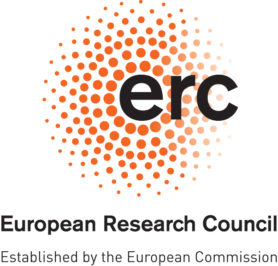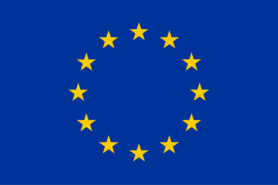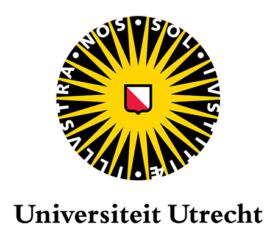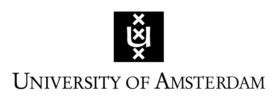Events
Weaving Knowledge Workshop for PhD students, Thailand, January 4-18, 2019
Conveners:
Nussara Tiengkate, textile historian, weaver, and designer, Jai-Sook Studio, Chiang Mai Thailand
Pamela H. Smith, Seth Low professor of History and founding Director of the Center for Science and Society at Columbia University, USA
The Workshop
This two-week workshop aims to engage both the theory and practice of craft knowledge by teaching participants the Lanna techniques of weaving alongside expert weavers, at the same time engaging with the scholarly challenge of making embodied craft knowledge explicit. As the students are trained in crafts by practitioners in a weaving workshop near Chiang Mai, they will discuss concepts such as tacit expertise and technological literacy, pedagogy in sensory and material knowledge, innovation and sustainability in traditional technological cultures, with the practitioners, as well as invited scholars and activists in history, anthropology, and sociology from around the world. Set in the rural environment around Chiang Mai, this workshop will bring together two conveners: one historian of science and technology, and one weaving/craft expert to guide the group of doctoral candidates in reflexive practice – both of weaving and writing.
We will accept up to 10 PhD students, whose scholarly work relates to these issues, who will learn Lanna techniques of weaving in a workshop near Chiang Mai while living in a basic setting near the workshop. Activities include pre-loom preparation, daily weaving practice, dyeing, possible field trips to Wat Pah Daed, Yang Luang, Karen and Lua communities to observe their weaving practice, to village co-operatives, local markets, and private textile museums, as well as academic sessions.
By requiring that students engage in learning weaving and dyeing, not as observers but as participants, and by reinstating craftspeople as experts and teachers, not just of the craft, but also in mobilizing knowledge about it, the workshop seeks both to invert the social and political hierarchy of knowledge that positions scholarly knowledge over craft, and to explore what craft knowledge can bring to academia, and to the larger societal challenge of sustainable development. It will require sometimes strenuous physical labor as well as reflexive scholarly engagement by students. Students will assume the role of apprentices as well as problem solvers and storytellers who, for example, use metaphors to capture how things look, sound or smell. Focusing on these two different modes of thinking about and making knowledge — the practice of weaving and scholarly work – the workshop will afford new possibilities to understand the nature of embodied knowledge. For a glimpse of what the 2017 cohort of students derived from their experience, see the Weaving Knowledge Workshop website: https://weavingknowledge.org/. Students accepted to the 2019 Workshop will reflect on their processes and engagements by also contributing to this website.
Application
We welcome applications from PhD students whose research deals with the themes of the Workshop. No previous experience of weaving is required. USE THIS APPLICATION FORM. Application forms must be submitted by June 15, 2018. No tuition is required, and accommodation, local transportation in Thailand, and most meals will be provided during the Workshop. Partial travel grants are available for selected participants. To apply for a partial travel grant, please use this separate application form by June 15, 2018. For travel grant applications, one reference, due June 20, 2018, should be sent to Prof. Pamela Smith. Please ask your referee to address the following points: your suitability for an international workshop, the relevance of your field to the workshop, and your financial need of a scholarship.
Information
For questions related to the Workshop, please contact Dr. Sophie Pitman. The Workshop is sponsored by the Center for Science and Society, Columbia University; the Dorothy Borg Research Program, the Weatherhead East Asian Institute, Columbia University; The Regional Center for Social Science and Sustainable Development, Chiang Mai University.
Featured image: Close-up of a loom at Ban Rai Jai Sook Studio, 2017. Photograph by Sandra S. Sardjono.





